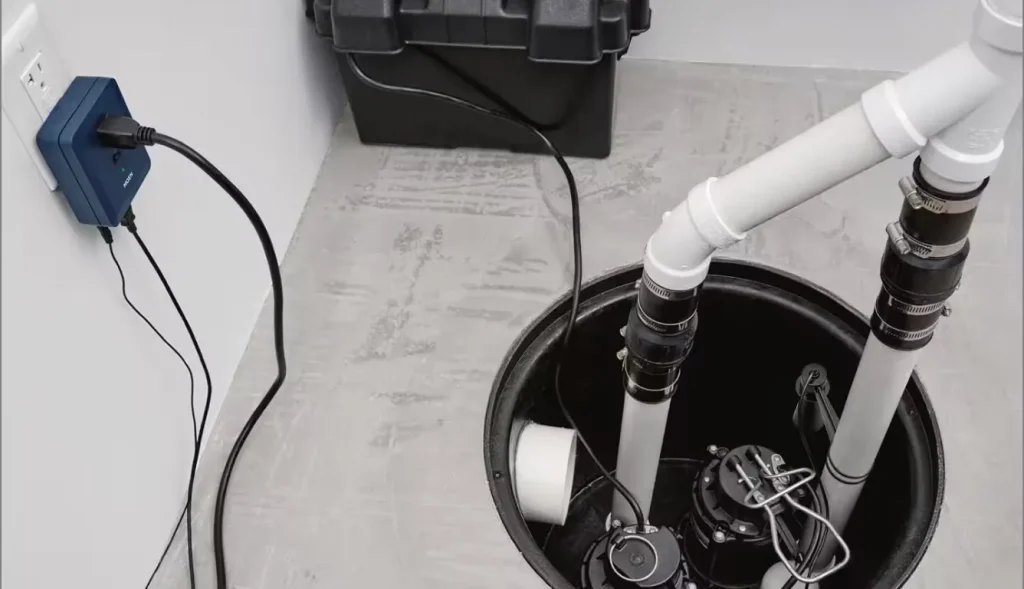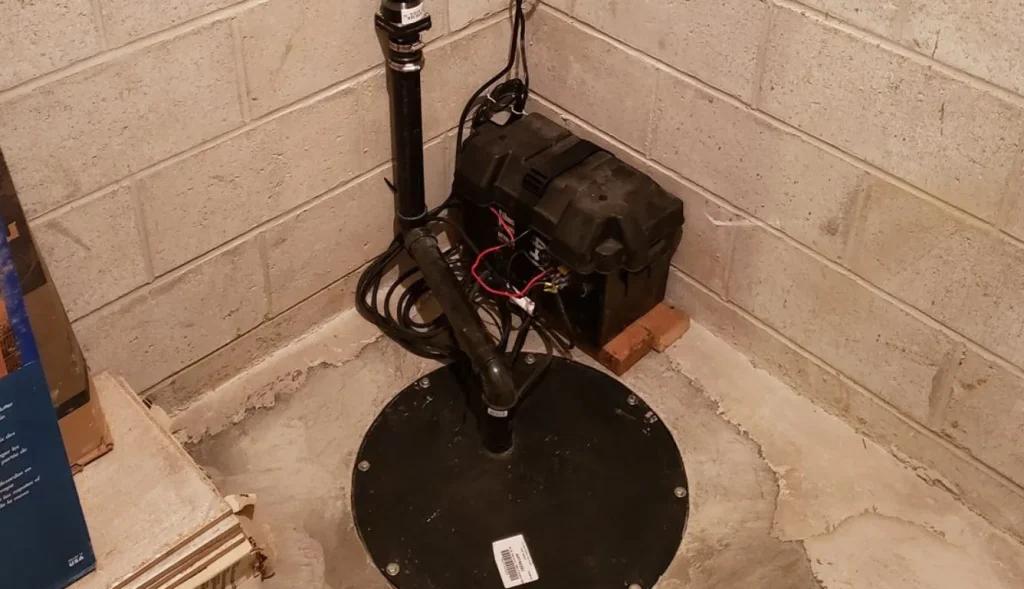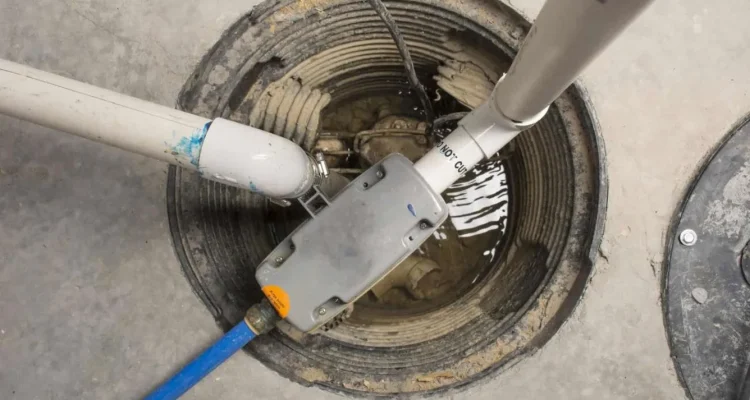Introduction
Understanding what your sump pump sounds like is crucial for ensuring its proper functioning. A sump pump is a critical component in your home’s drainage system, especially if you live in an area prone to flooding. This guide will help you differentiate between normal and abnormal sump pump sounds, provide troubleshooting tips, and offer maintenance advice to keep your system in top shape.

What is a Sump Pump?
A sump pump is a device installed in the basement or crawl space of a home to prevent flooding. It works by collecting water that accumulates in a sump pit and pumping it away from your home to a safe location, such as a storm drain or a dry well. There are primarily two types of sump pumps:
- Submersible Sump Pumps: These are placed in the sump pit and are designed to operate while submerged in water. They are usually quieter and more efficient.
- Pedestal Sump Pumps: These sit above the sump pit and have a long pipe that extends down to the pit. They are easier to service but can be noisier.
Normal Sump Pump Sounds
Understanding what a normal sump pump sounds like can help you recognize when something might be wrong. Here’s what you should expect:
- Standard Operation Noise: When a sump pump is running, it generally produces a low, steady humming or buzzing sound. This noise comes from the motor as it drives the impeller to move water.
- Cyclic Pumping Sounds: You may hear a rhythmic clicking or whooshing sound as the pump cycles on and off. This is normal and indicates the pump is working correctly to remove water from the pit.
Unusual Sump Pump Sounds and What They Mean
If your sump pump makes noises outside of the norm, it could be a sign of underlying issues:
- Gurgling Sounds: A gurgling noise often indicates that there’s air trapped in the pipes or a clog in the discharge line. To resolve this, check the discharge line for blockages and ensure the pipes are properly vented.
- Clanging or Rattling Sounds: These sounds might be caused by loose components or debris inside the pump. Inspect the pump for any loose parts and remove any debris that might be interfering with its operation.
- High-Pitched Whining: A high-pitched whining noise could be a sign of a failing motor or worn-out bearings. This may require a motor replacement or professional repair.
- Continuous Running: If the pump runs constantly, it might be due to a faulty float switch, an incorrect setting, or an issue with the pump’s capacity. Check the float switch for proper operation and ensure the pump is appropriately sized for your needs.
Troubleshooting Sump Pump Noises
Here’s how you can troubleshoot and fix common sump pump noises:
- Gurgling Sounds: Ensure the discharge pipe is clear and properly vented. You may need to use a plumber’s snake to clear any blockages.
- Clanging or Rattling Sounds: Tighten any loose components and clean out any debris. If the problem persists, consider consulting a professional.
- High-Pitched Whining: This might require motor replacement or professional servicing. Contact a sump pump technician to assess and repair the issue.
- Continuous Running: Inspect the float switch and adjust it if necessary. Ensure the pump is the correct size for your home and replace it if needed.
Maintaining Your Sump Pump to Prevent Noises
Regular maintenance is key to preventing sump pump noises and ensuring its longevity:
- Regular Inspection and Maintenance: Check the pump periodically for any signs of wear or damage. Ensure the sump pit is clean and free of debris.
- Cleaning and Debris Removal: Remove any debris from the sump pit and the pump to prevent clogs and ensure smooth operation.
- Testing the System: Test the sump pump periodically by pouring water into the pit to ensure it activates and operates correctly.
When to Replace Your Sump Pump
Knowing when to replace your sump pump is essential to avoid potential flooding issues:
- Signs of Wear and Tear: Frequent noises, constant running, or reduced efficiency can indicate that it’s time for a replacement.
- Choosing a New Sump Pump: When selecting a new sump pump, consider factors such as the size of your sump pit, the capacity of the pump, and whether you want a submersible or pedestal model.
FAQs
What should I do if my sump pump is making a loud noise?
If your sump pump is unusually loud, first check for loose components or debris. If the noise persists, it may indicate a problem with the motor or other internal parts, and you might need professional assistance.
How often should I check my sump pump?
It’s recommended to inspect your sump pump at least once a season, especially before heavy rainfall or snowmelt. Regular maintenance can help prevent unexpected failures.
Can a sump pump make a noise even when it’s not running?
Yes, some noise might come from vibrations or loose parts, even when the pump isn’t actively running. Ensure all components are secure and in good condition.
How do I know if my sump pump needs to be replaced?
Signs that your sump pump may need replacement include unusual noises, continuous running, or failure to activate. If it’s over 10 years old or shows frequent problems, consider replacing it.
Are there sump pumps designed to be quieter?
Yes, submersible sump pumps are generally quieter than pedestal models. When choosing a new pump, look for models designed with noise reduction features.

Conclusion
Understanding what your sump pump should sound like is crucial for maintaining its efficiency and preventing potential flooding issues. By recognizing normal and abnormal sounds, you can troubleshoot problems early and ensure your sump pump operates smoothly. Regular maintenance and timely replacement are key to a reliable sump pump system.


Congratulation!